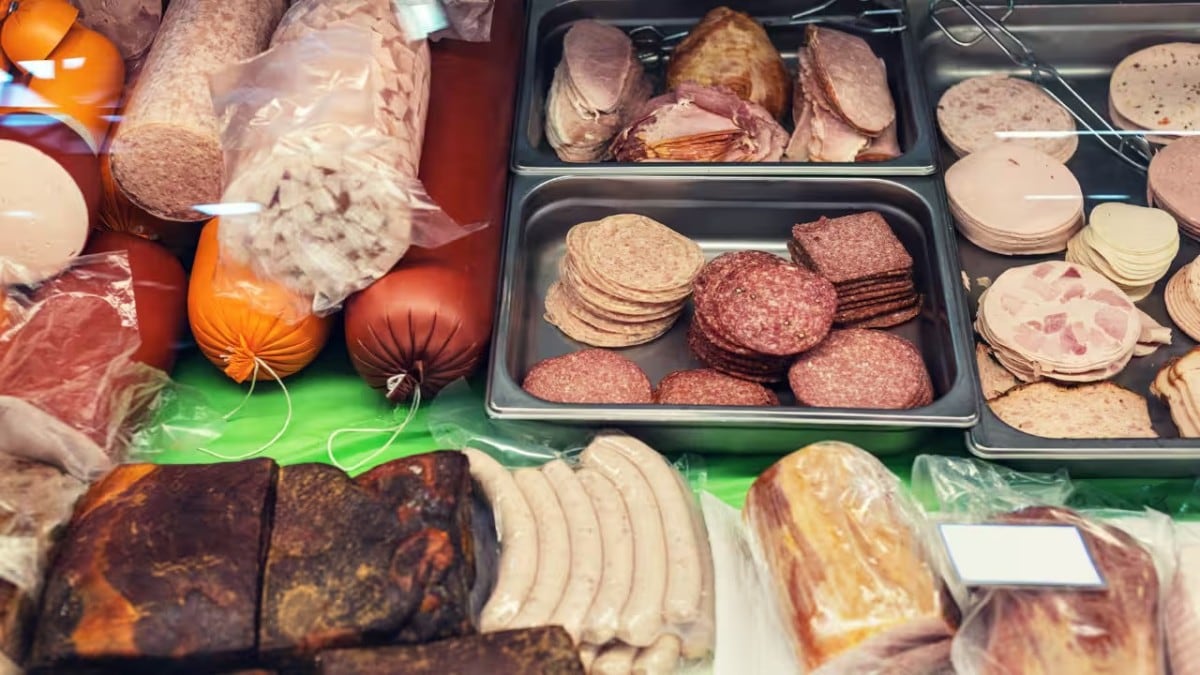
On Saturday, Nirmala Sitaraman presented the Union Budget for 2025. However, one suggestion of the Economic Survey was perhaps overlooked. It’s the proposal to tax ultra-processed foods like soft drinks, breakfast cereals, chicken nuggets, etc, at a higher rate to safeguard India’s health.
Western foods are mostly processed in heavy industrial factories and laced with heavy doses of preservatives, sweeteners, emulsifiers, and synthetic colouring and flavouring agents. All these ingredients increase the shelf life and flavour of ‘products’, almost making them addictive. These additives are not commonly found in our Indian kitchens.

Many of these additives are associated with a plethora of lifestyle diseases like obesity, diabetes, endocrine disruptions, cardiac issues, high blood pressure — and neurological diseases like dementia, anxiety, and also cancer. The list of damages to human health is a long one. One doesn’t even have to look far to the US, where ultra-processed foods have destroyed the health of poorer Americans, causing an obesity epidemic, among many other problems.
Ultra-processed meats, including nuggets and other frozen meats sold across the US, have resulted in bad colon and digestive system collapses. It was known that in 2018, 2/3 of all the calories consumed by US youth were highly processed foods. Furthermore, research suggests that ultra-processed foods make up between 60 per cent and 90 per cent of the standard American diet.
The direct result is staggering rates of childhood obesity. As per a Harvard Public Health study, processed foods are making Americans sick, and about 1,600 deaths daily are caused by the high consumption of ultra-processed foods in the US. In fact, the food movements in the US and across the world vociferously speak out against processed foods.
And the organic and regenerative food movement across the world is growing around the world to prevent additives and industrial ultra-processing in food. In fact, the situation is so serious that many European nations, like France, Hungary, Denmark, Finland, etc, have a tax on sugar, salt, and ultra-processed foods, including soft drinks. The Economic Survey suggestion comes in a timely manner as these ultra-processed, industrially manufactured foods have a high penetration in the Indian diet too.
It is reported that between 2011 and 2021, ultra-processed foods have had a growth rate of 13.7 per cent. Meanwhile, the rural expenditure survey shows that rural India spent 9.
6 per cent of its food expenditure on ultra-processed food. When it comes to other urban areas in India, we see 10.6 per cent of the spending on food is towards the purchase of the ultra-processed foods.
Now these trends present a major problem because with the same growth progression, ultra-processed foods can attract a lot more expenditure towards themselves, endangering the local producers and the local food economy. The local food economy is still very strong and provides healthy alternatives to the ultra-processed factory foods. The local indigenous-based food systems are promoting health and local crops and farmers, whereas the ultra-processed foods are extractive and, after providing temporal satisfaction, are bad for health in the long run.
We have case studies from all over the world. India needs to be very careful, as we are a growing country battling diabetes and other food-style-related diseases. In fact, some studies point to the fact that India is already home to the highest number of diabetic patients in the world.
Child diabetes is now also growing among the urban youth in metropolitan cities, and this trend is only set to increase in other areas as ultra-processed foods enter more households and thalis. Also, ultra-processed foods are now becoming a fashion statement, hence even more detrimental to India’s health. Time for ‘sin tax’ So going back to the Economic Survey, the government should have created higher tax slabs for the corporations selling these ultra-processed food products and also for their products.
Because these foods may be pleasurable to consume but, in the long run, are quite bad for our children and food system. Ultra-processed foods do not attack our health, but these corporatised food products are bad for our local food vendors and producers. Because each time a child prefers instant noodles or chips or a soft drink, he/she is not only choosing disease but also placing his/her money on corporate food systems.
This weakens the local food economy. The government ought to tax the ultra-processed foods and also encourage producers to not use additives and synthetic colours in foods. All industrial producers and products that have health-harming additives like emulsifiers, industrial chemical preservatives, and synthetic colouring and flavouring substances should all be taxed more.
The natural and chemical-free food producers should be removed from the tax, or at least all natural foods and locally processed foods should be taxed the least. This step will increase the government’s revenue, stop the food-style diseases from spreading further, and finally give a big boost to producers of natural and chemical-free indigenous foods. The author is an independent agri-policy analyst and former director – Policy and Outreach, National Seed Association of India.
He tweets at @Indrassingh. Views expressed in the above piece are personal and solely those of the author. They do not necessarily reflect Firstpost’s views.
.















